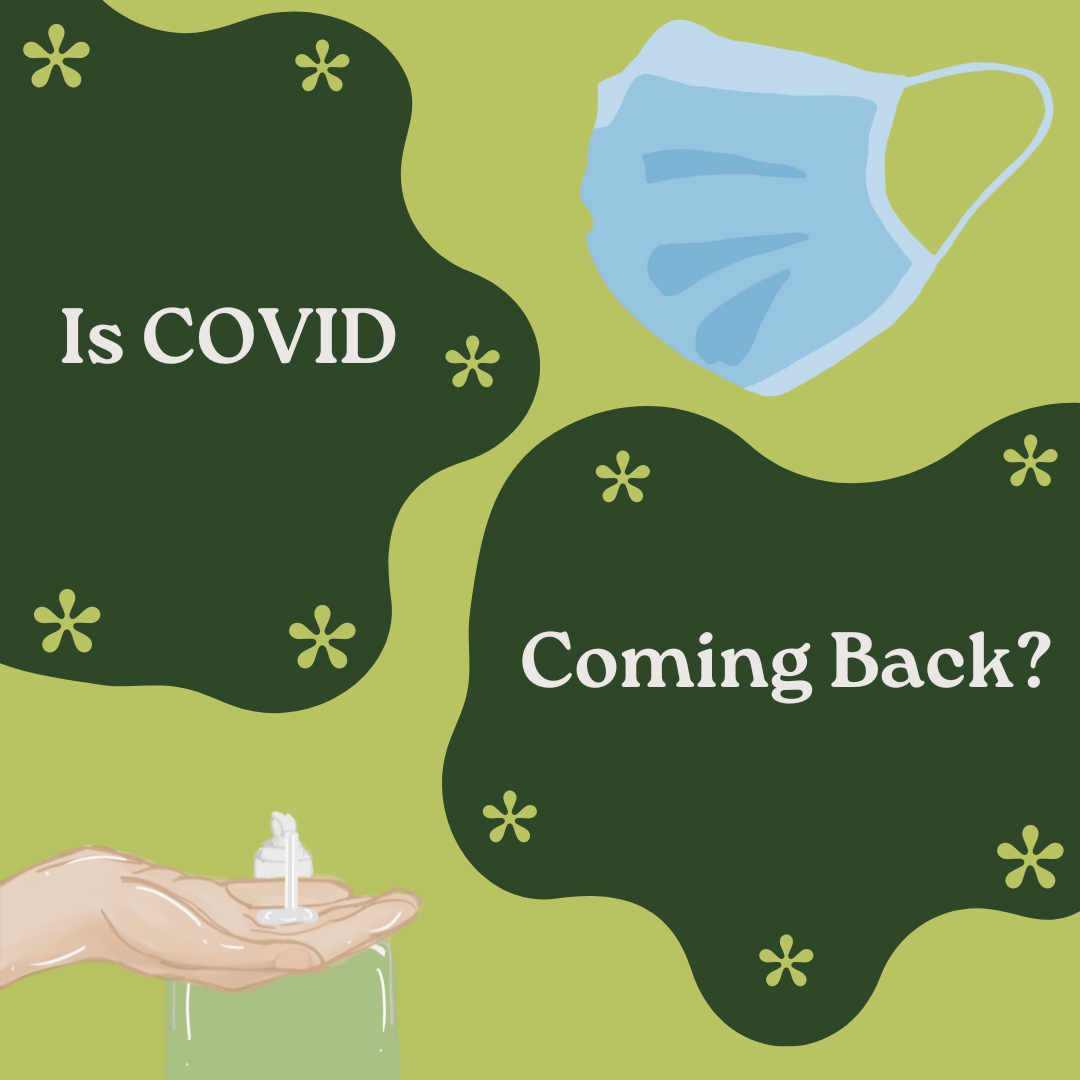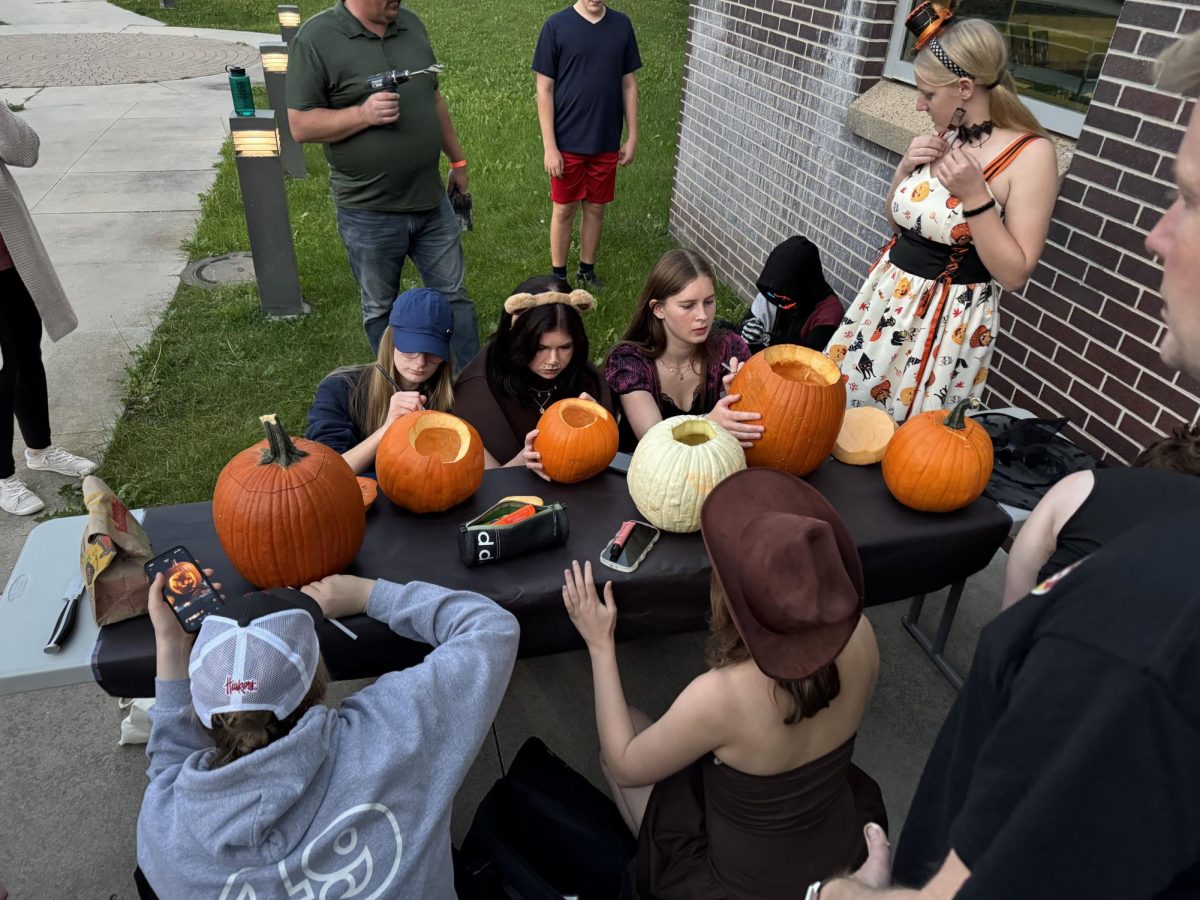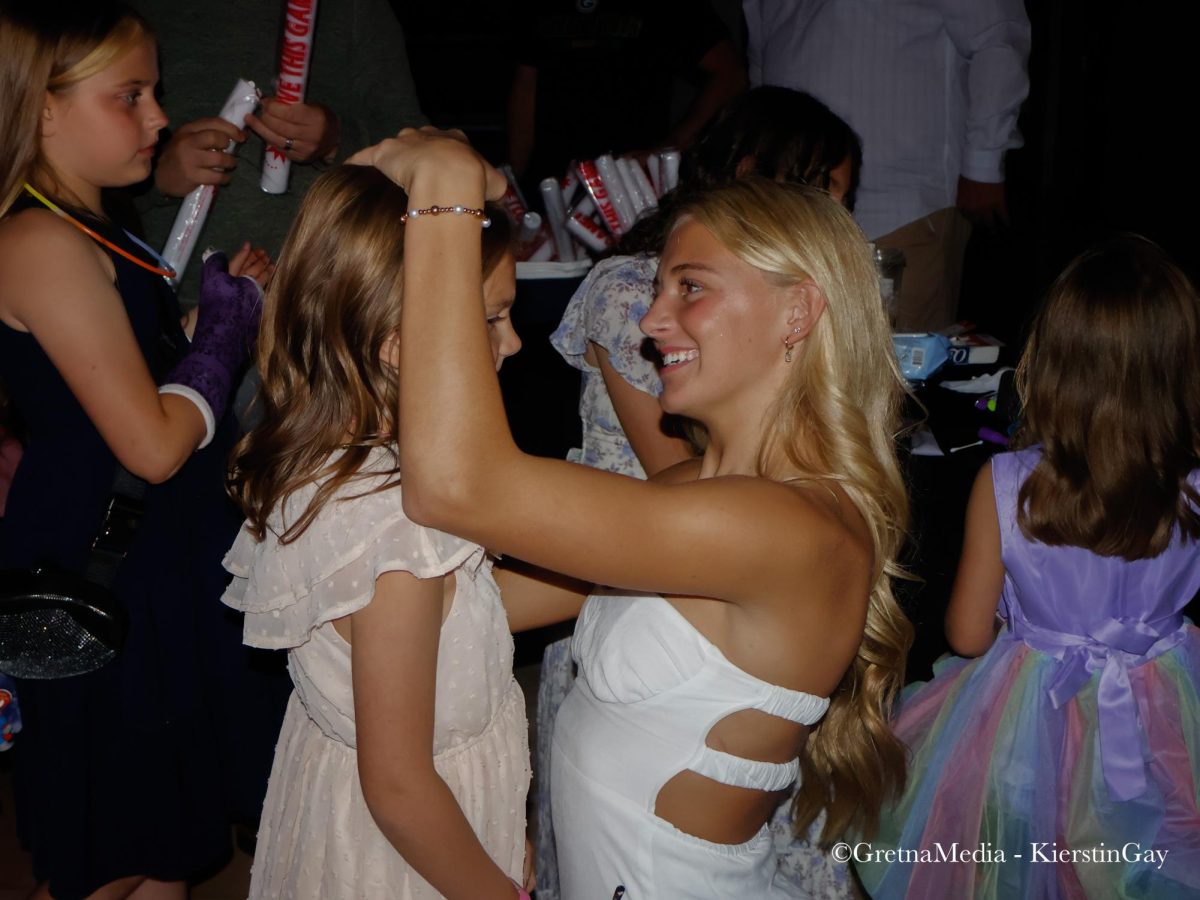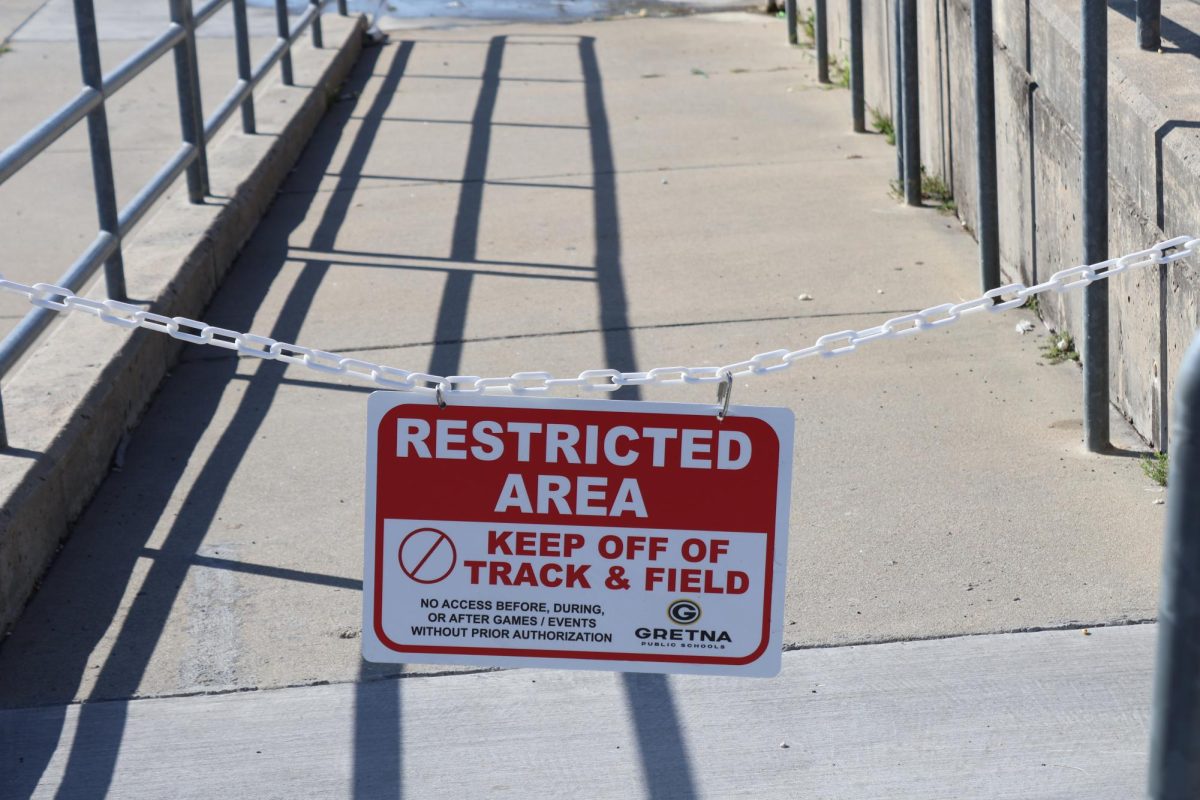COVID-19 has become a head-turning word for those who spent nearly two years in a mask. Unfortunately, but not surprisingly, it is also becoming a recurring wintertime illness along with the flu and RSV. This virus is a new one, but has had several variants do damage in the past four years.
The COVID pandemic caused irreversible damage, and will continue to put more people in hospitals this winter. The Center for Disease Control and Prevention (CDC) predicts a similar number of hospitalizations to last year.
Having cases of RSV and the flu continue to rise every winter has been the norm for a long time. However, COVID is joining them and could arguably be the most serious of the three because of its presence year-round.
Researchers have learned many things from this new virus, including who it can hurt the most. Middle and older-aged adults are often the most affected, and their cases have been the most serious.
On Nov. 24, GHS’s neighbor Hillcrest Silver Ridge, an assisted-living and memory support facility for older adults, entered a COVID lockdown after having several positive tests from residents and staff. This means that both assisted-living and memory support patients are being tested every two days, masks are required and meals are being delivered to their rooms.
“The worst part is, they have to stay in their rooms,” Hillcrest receptionist and concierge Becky Davis said. “They can not come out and socialize like they usually do.”
Life at Hillcrest consists of bingo with their friends on Mondays, Wednesdays and Saturdays. Three times a day, seven days a week, the residents leave their apartments, sit down in the dining room and have a meal with their neighbors. They also play cards, go on walks and do crafts with each other. Now, the residents are forced to remain in their rooms for an indefinite amount of time.
“They are on the verge of tears,” staff member Emma Hermeling said. “Some of them are even coming out of their rooms with COVID because they are so bored out of their minds.”
As of Dec. 3, there were nearly 30 positive COVID tests performed. Once it is established that a resident has COVID, they are quarantined in their rooms.
In order to end the lockdown, there has to be no positive COVID tests returned for seven days. Until then, all employees and visitors are required to wear masks, as well as the residents anytime they are outside their rooms.
In addition to residents, the lockdown has also been hard on staff members as well. Most of the staff spend long periods of time with the residents in common spaces like the dining room or lobby.
“The lockdown is hard for me especially, because I really enjoy seeing the residents out and about,” Hermeling said. “We are really not supposed to go inside the residents’ rooms for a long period of time, so I do not get to have the conversations I had with them before.”
Within GHS, multiple students have reportedly gotten the virus, too. It is not being taken as seriously as it was during the pandemic, but students are still recommended to remain home for several days following a positive test.
As always, the CDC recommends, in addition to hand-washing, to stay up to date with COVID vaccines. They also recommend getting tested if you come in contact with someone who has COVID or if you have symptoms.









